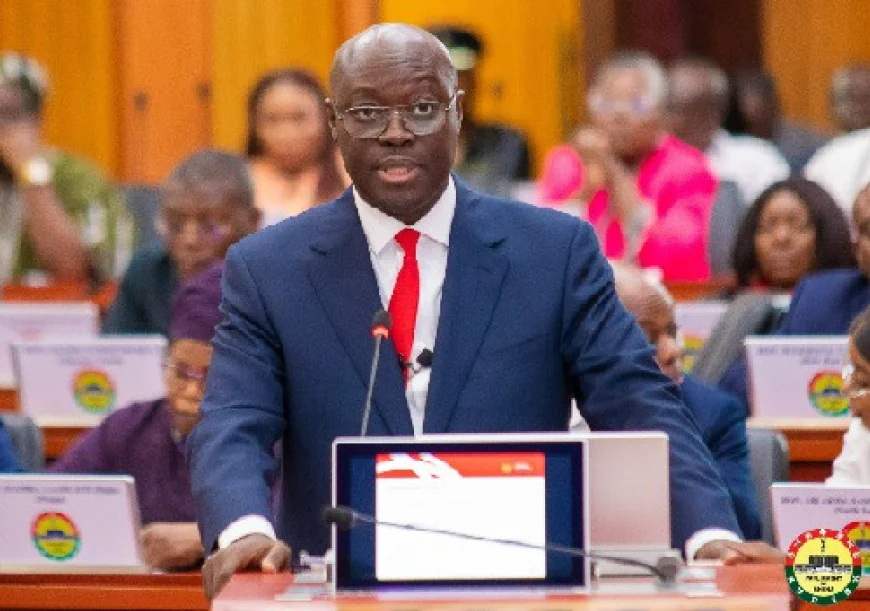Ghana’s Revenue Rises 22.8% Despite Oil Shortfalls, Mobilizing GH¢154.9 billion in Revenue
Ghana’s government reported a strong year-on-year surge in revenue, despite facing notable shortfalls in its oil receipts. According to its mid-year fiscal review, “robust tax revenue performance” helped drive growth, but total collections still came in below target for the first seven months of 2025.
Ghana’s government reported a strong year-on-year surge in revenue, despite facing notable shortfalls in its oil receipts. According to its mid-year fiscal review, “robust tax revenue performance” helped drive growth, but total collections still came in below target for the first seven months of 2025.
By the end of July 2025, Ghana recorded GH¢116.2 billion in total revenue and grants, up 22.9% from the same period in 2024. However, this amount was 5.5% below the programmed target for that period, according to the Bank of Ghana’s September 2025 Monetary Policy Report. In the first half of the year, the government collected GH¢99.3 billion, according to its mid-year review.
Performance Breakdown
Non-oil tax revenue outperformed expectations, exceeding its target by approximately GH¢786.9 million in the first half.
On the other hand, petroleum receipts fell short by GH¢2.7 billion. The shortfall is attributed to delays in tax receipts from oil companies and the appreciation of the cedi, which reduced dollar-denominated payments.
Grants also underperformed, contributing to some of the overall revenue gap.
Despite the gap, the government managed to contain its expenditure significantly. According to the mid-year review, both cash and commitment deficits are better than originally projected. The primary balance (excluding interest payments) on a commitment basis posted a surplus of 1.1% of GDP, above the target of 0.4%.
Economic analysts and auditors have flagged the underperformance in oil revenue and grants as risks to achieving full-year revenue goals.
Why This Matters
The strong growth in non-oil revenue suggests that Ghana’s efforts to diversify its tax base are bearing fruit.
But the significant shortfall in petroleum receipts highlights the vulnerability of the budget to fluctuations in the energy sector.
If the country is to close its revenue gap, it must balance continued non-oil gains with realistic assumptions about oil and grant inflows.
Achieving this balance will be critical to maintaining fiscal stability, especially as Ghana works to reduce its deficit and reinforce investor confidence.




